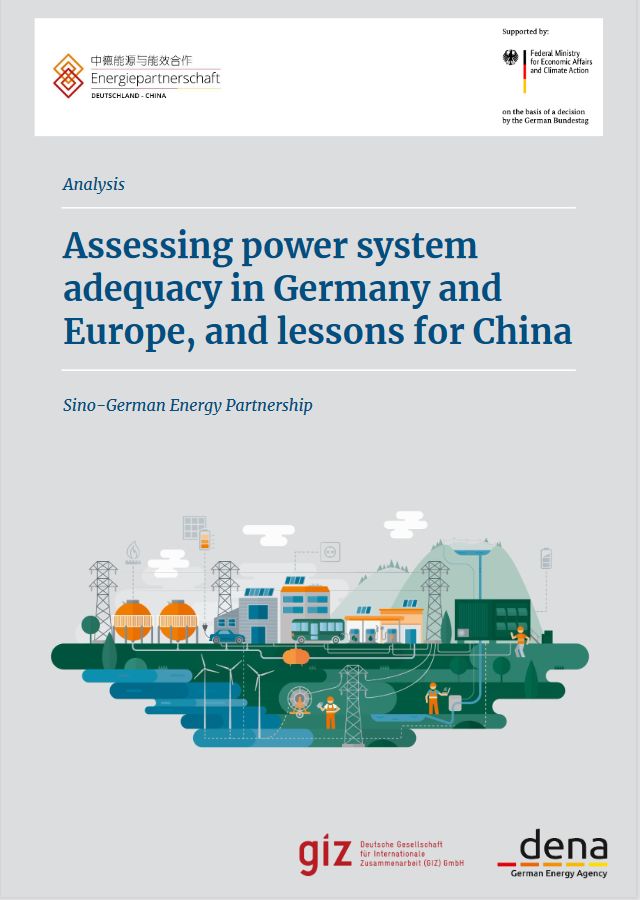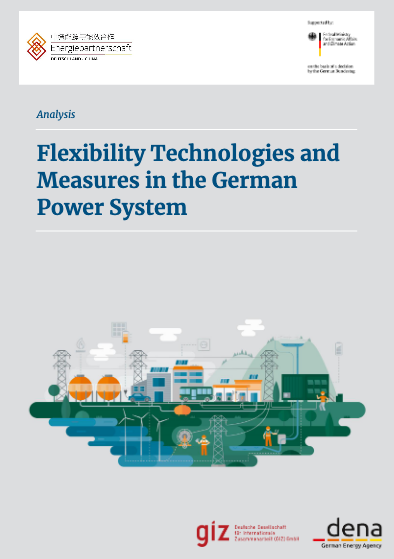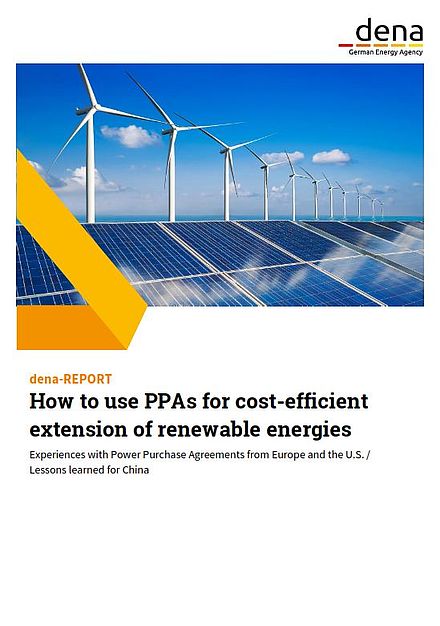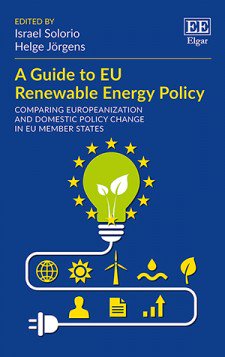Report written by myself, Dr. Thomas Ackermann and Peter-Philipp Schierhorn from Energynautics, and Anders Hove from GIZ “Assessing power system adequacy in Germany and Europe” was published in March this year. The analysis was published by the German Energy Agency (dena) in the framework of the Sino-German Energy Transition Project led by the Deutsche Gesellschaft für Internationale Zusammenarbeit (GIZ) [German Society for International Cooperation] GmbH . The project supports the exchange between Chinese government think tanks and German research institutions to strengthen the Sino-German scientific exchangeon the energy transition and share German energy transition experiences with a Chinese audience.
From the Editorial of the publication:
“The purpose of this report is to explain and illustrate how Germany and Europe are adapting their system assessmentand planning processes to ensure that reliability and energy security are fully compatible with the retirement of conventional coal and nuclear power plant capacity. After all, Germany has one of the most reliable power systems in the world—the most recent system adequacy study for 2030 shows that Germany’s loss-of-load-probability (LoLP) for that year is 20 times safer than the country’s current standard,1even thoughGermanywill shortly phase out its last remaining nuclear plants and most of its coal capacity by the end of the decade. However, since the analysis was based on assumptions derived from past German policy targets that have been changed in the meantime, futureupdatedcapacity adequacy assessments may arrive at slightly different results.”
The report is available on the website of the Sino-German Energypartnership as well as on the dena website.
Chinese translation is available here.




